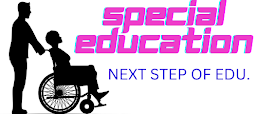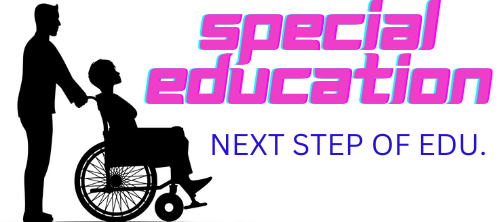LEARNING DISABILITY ( LD ) -
Learning disability is a term used to describe a neurological disorder that affects the way people learn, process, and retain information. These disorders are not related to intelligence, as people with learning disabilities can have normal or even high intelligence levels. A learning disability is a lifelong condition that can affect a person's ability to read, write, do math, or other academic tasks.
The following are some of the points that can help explain learning disabilities in more detail:
1. What are the types of learning disabilities?
Learning disabilities can manifest in different ways, and there are several types of them. The most common types of learning disabilities include:
a) Dyslexia: It is a reading disability that makes it difficult for a person to decode words and comprehend written texts.
b) Dyscalculia: It is a math disability that affects a person's ability to perform arithmetic operations and understand mathematical concepts.
c) Dysgraphia: It is a writing disability that makes it difficult for a person to express their thoughts in writing, organize written material, or form letters and words.
d) Attention Deficit Hyperactivity Disorder (ADHD): It is a disorder that affects a person's ability to concentrate, focus, and control impulsive behaviors.
2. What are the causes of learning disabilities?
The exact cause of learning disabilities is unknown, but research suggests that they may be caused by a combination of genetic, environmental, and neurological factors. Some possible causes of learning disabilities include:
a) Genetic factors: Some learning disabilities are hereditary and can be passed down from parents to children.
b) Brain injury or damage: Trauma to the brain can cause learning disabilities.
c) Prenatal exposure to toxins: Exposure to toxins during pregnancy can affect the developing fetus and lead to learning disabilities.
3. How are learning disabilities diagnosed?
A comprehensive evaluation is required to diagnose learning disabilities. The evaluation typically includes a medical history review, cognitive and achievement testing, and observation of the person's behavior and performance. The evaluation is conducted by a team of professionals, including a psychologist, an education specialist, and a medical doctor.
4. What are the treatment options for learning disabilities?
While there is no cure for learning disabilities, there are various treatment options that can help individuals with learning disabilities improve their academic performance and develop compensatory strategies. Some common treatment options for learning disabilities include:
a) Educational interventions: Special education programs, such as individualized education plans (IEPs) and 504 plans, can provide tailored instruction and accommodations to help individuals with learning disabilities succeed in school.
b) Behavioral interventions: Behavioral interventions, such as cognitive-behavioral therapy (CBT) and social skills training, can help individuals with learning disabilities improve their self-esteem, social skills, and emotional regulation.
c) Medication: Medications, such as stimulants, can be prescribed to individuals with ADHD to help improve their attention and focus.
5. What are the long-term effects of learning disabilities?
Learning disabilities can have a significant impact on a person's academic and social functioning. Individuals with learning disabilities may experience difficulties in school, work, and personal relationships. However, with early intervention and support, individuals with learning disabilities can overcome these challenges and lead successful and fulfilling lives.
In conclusion, learning disabilities are neurological disorders that affect the way people learn, process, and retain information. While there is no cure for learning disabilities, there are various treatment options that can help individuals with learning disabilities improve their academic performance and develop compensatory strategies. With the right support and accommodations, individuals with learning disabilities can lead successful and fulfilling lives.




0 Comments
Have you any doubt, Tell me ;